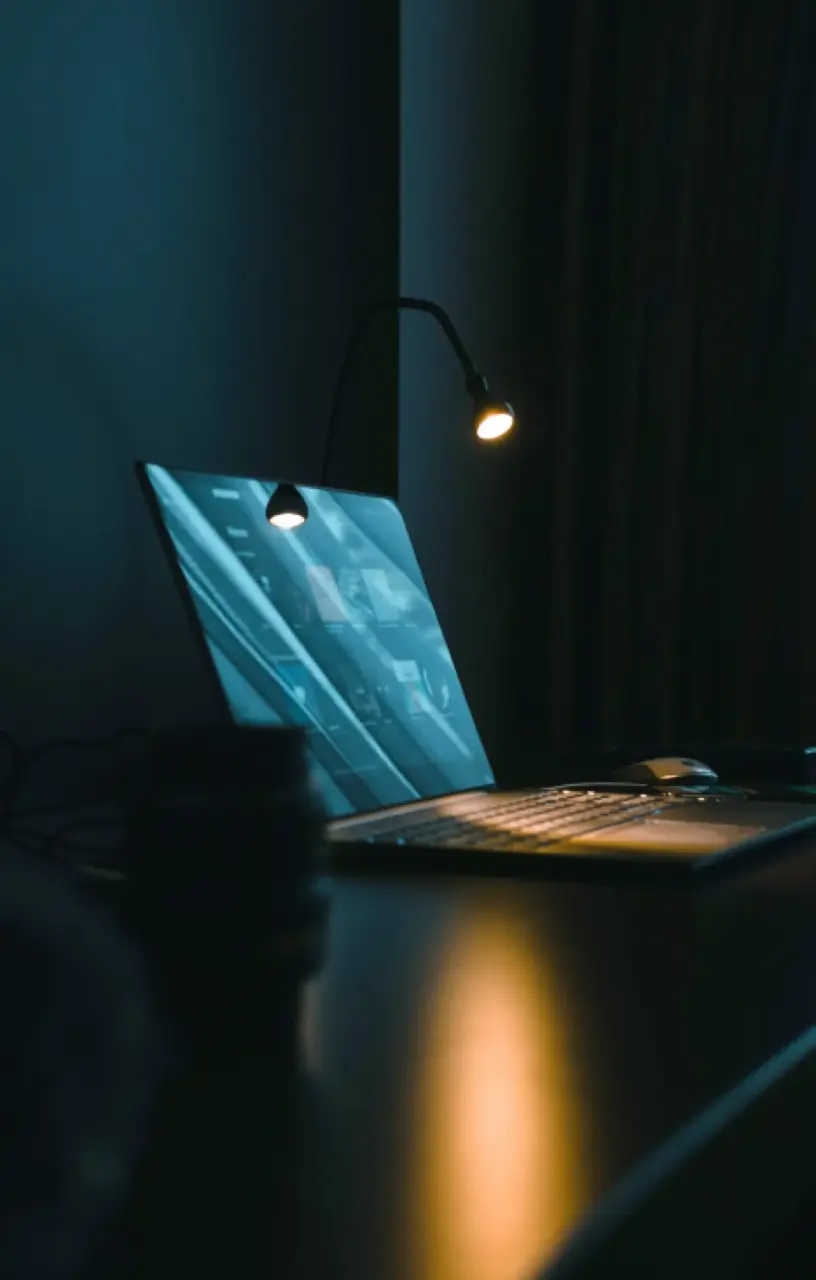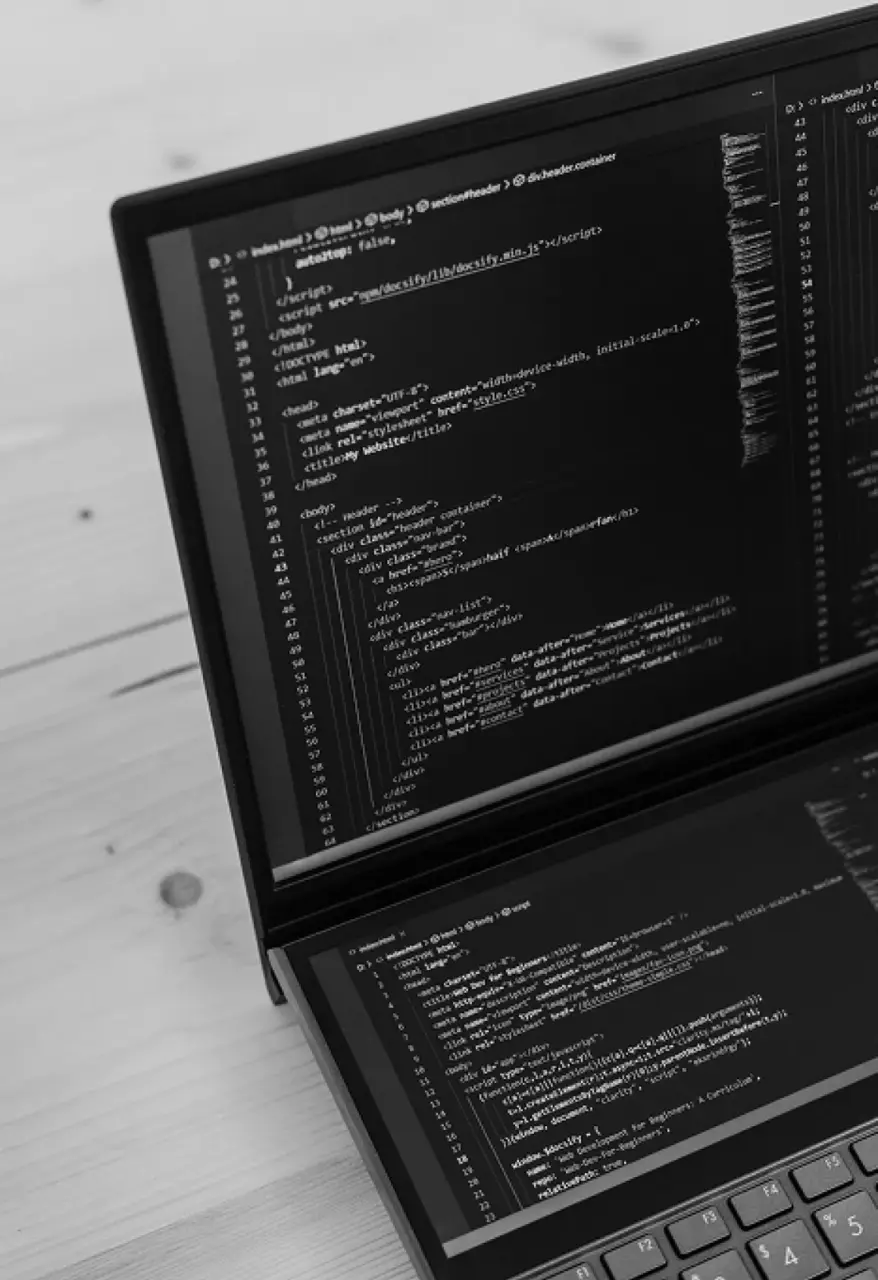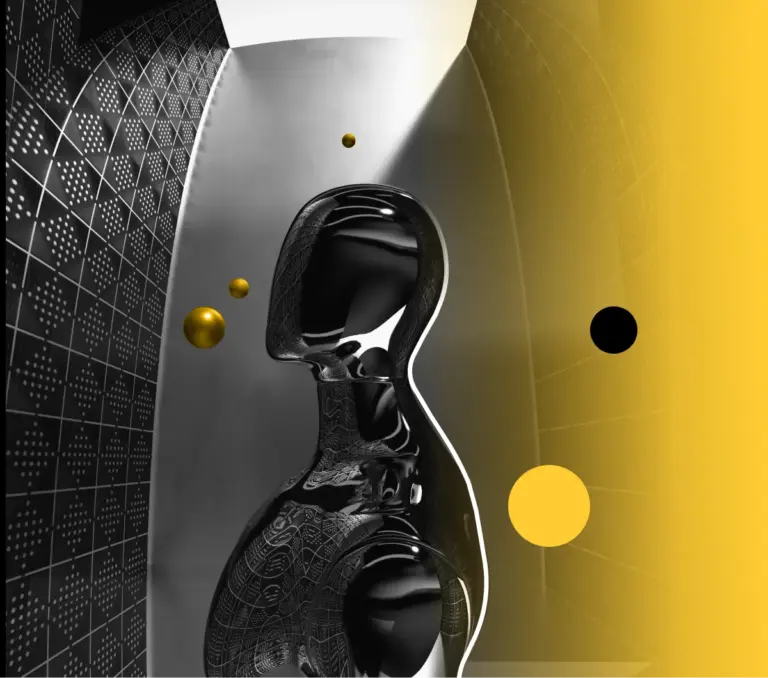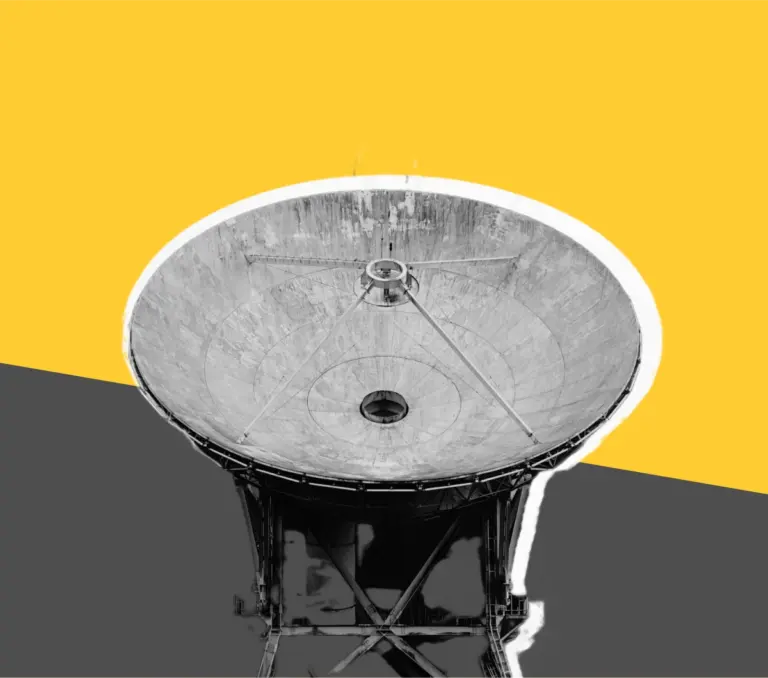Streamlining Security and Operations with OS Patching Automation and Unification

CLIENT:
A major U.S. retirement plan provider, managing complex infrastructure for millions of users, faced a critical challenge: they needed a unified approach to OS patching and configuration management to strengthen security and maintain system integrity.
REW stepped in to address this need, offering a solution to streamline their operations and enhance their IT infrastructure.
CHALLENGE:
The Client faced critical issues in their patch management processes, significantly impacting security, compliance, and operational efficiency. These challenges posed substantial risks to their business continuity and data integrity. Key issues included:
1. Compliance and Security Risks
Inconsistent patching practices exposed systems to vulnerabilities and regulatory non-compliance, potentially leading to data breaches and hefty fines.
2. Manual Patching and Scalability Limitations
Time-consuming, error-prone manual processes failed to scale across their extensive infrastructure, resulting in delayed updates and increased security exposure.
3. Configuration Drift and Inconsistencies
Lack of standardized configurations led to operational inefficiencies and increased downtime risks, hampering productivity and user experience.
4. Legacy Systems with Limited Support
Outdated systems without long-term vendor support or in-house expertise complicated maintaining a secure, stable infrastructure, creating potential weak points in their IT ecosystem.



SOLUTION:
REW Technology partnered with the Client to implement a comprehensive OS patching automation and unification strategy, ensuring streamlined operations, enhanced security, and reduced overhead. Our tailored approach addressed each challenge head-on, leveraging industry best practices.
1. Compliance-Driven Patching Processes
We engineered a patch management process aligned with compliance requirements. This encompassed patch schedules optimized for minimal disruption, real-time reporting dashboards, and security validation protocols. Our approach not only met but exceeded regulatory expectations, providing a solid foundation for the Client’s security.
2. Automated Patch Management
Our team introduced automation solutions to replace manual patching processes. We incorporated AI-driven patch prioritization, scalable deployment across environments, and intelligent rollback capabilities. These tools enabled error-free and efficient deployment of patches across the Client’s infrastructure, reducing downtime and operational costs while improving security.
3. Configuration Management for Standardization
We implemented configuration management solutions to enforce consistent configurations across all environments. Our approach used template-based deployment, version-controlled repositories, and automated drift detection. This systematic standardization reduced configuration drift, improved system reliability, and enhanced overall performance.
4. Modernization of Legacy Systems
To address unsupported legacy systems, we planned a strategic migration to modern platforms. Our efforts included assessment of legacy systems, phased migration plans, and custom-built compatibility layers for critical applications. This modernization enhanced the Client’s ability to maintain system integrity and prepared their infrastructure for future challenges.
RESULT:

Share:


